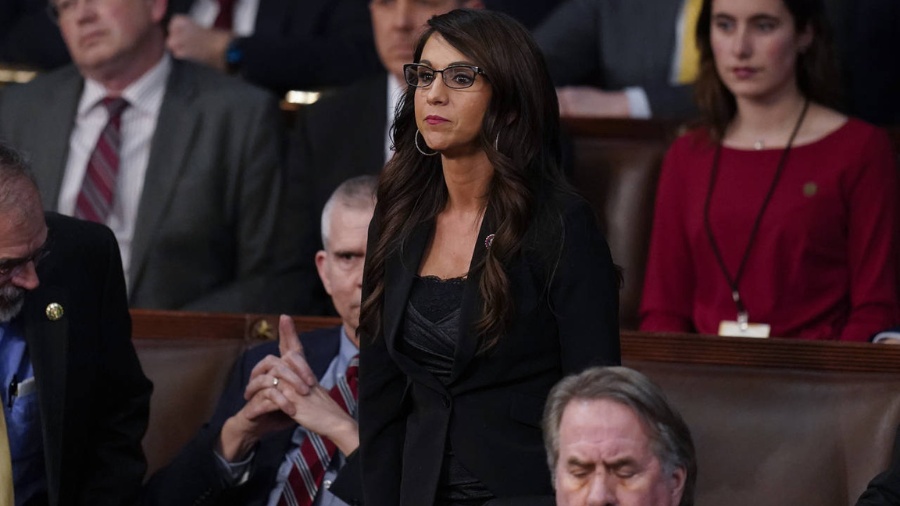Economist: How to ‘sympathetically’ upzone Seattle’s single-family neighborhoods
Apr 8, 2021, 12:12 PM

A home on Seattle's "Millionaire's Row." (Joe Mabel, Wikimedia Commons)
(Joe Mabel, Wikimedia Commons)
With Puget Sound housing prices continuing to rise, Windermere Chief Economist Matthew Gardner believes that moving past our single-family zone mindset is more important now than ever.
Economist: Seattle’s single-family zoning ‘doesn’t make any sense’
In Seattle, approximately 70% of the city is zoned solely for single-family homes, restricting the city’s ability to increase its density, and in turn, provide more affordable housing options.
Still, many who oppose upzoning in single-family neighborhoods cite concerns over large-scale apartment complexes sprouting up next door. Those are fears Gardner says could easily be allayed.
“A lot of people get up in arms about it — they think that I’m advocating for the development of 50-story high rises,” he told KIRO Radio’s Dave Ross. “I’m not, but I think that when you look at where single families own land, why can we not start thinking about ways of taking that land and allowing duplexes or even triplexes?”
“You can get twice, three times as many the number of houses on that one lot, and that will certainly help,” he added.
To Gardner, that exists as a sort of an upzoning middle ground, taking advantage of the space afforded by large lots in traditionally single-family areas, and at least increasing density by some amount in a city that sorely needs it.
That’s a mindset that’s already beginning to take shape in Tacoma, where the city is considering a proposal that would do away with single- and multi-family zoning labels altogether. That would see duplexes, triplexes, fourplexes, townhomes, and cottage housing grouped together with single-family homes into one category, while traditional apartments would still exist in their own separate category.
Tacoma unveils plan to do away with ‘single-family’ zoning label
Unfortunately, options like that can often become obscured by a debate where nuance is left at the door, leaving little room for compromise. Even so, Gardner says denser housing can be built in a way that still maintains the character and culture of an area.
“People are very, very vocal, and a lot of people just don’t want it,” Gardner said. “I really don’t think a lot of people understand the fact that when we talk about density, it can be done very sympathetically to the existing neighborhood.”
Listen to Seattle’s Morning News weekday mornings from 5 – 9 a.m. on KIRO Radio, 97.3 FM. Subscribe to the podcast here.














